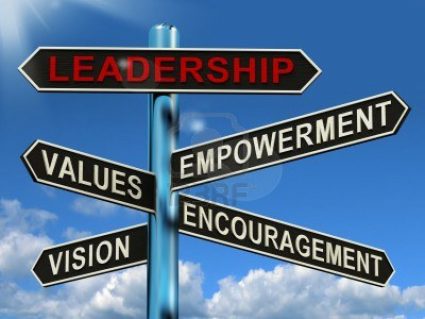We (including me) spend a lot of time talking about the importance of coaching/developing our people. Unfortunately, high impact coaching is rarely done. If we “coach,” too often, it isn’t a collaborative discovery/learning process. Instead, it is information sharing or an update on something–perhaps a deal, an account, the pipeline. It is usually met with a lot of direction, “go do these things, let me know how it goes….”
When I reflect on this challenge, I wonder why are we so bad at this. There are lots of great books (including Sales Manager Survival Guide), there are a lot of great training programs (including those we offer), but somehow managers continue to struggle in both finding the time to coach and coaching in high impact ways.
One of the reasons, front line managers are probably so bad at this, is they probably don’t get a whole lot of high impact coaching themselves. Their own managers aren’t great role models, as coaches. They are getting good coaching on high impact coaching.
As much as we might train managers in being better coaches, as you would expect, if we aren’t constantly coaching and developing their capabilities, they and we will fail. Yet too often, senior manager and leaders neglect this. They forget the people (front line managers) reporting to them need and value coaching and development as much as the sales people in the organization.
Coaching managers is not that much different than coaching individual contributors. It’s even more important the coaching is collaborative and non-directive. We want to develop managers’ abilities to think critically, to explore the critical issues identifying the courses of actions themselves. There are, rarely, definitive answers for the issues managers face in leading and developing their teams, so directive coaching is very ineffective.
What we talk about, in coaching managers, is different than what they talk about with their team members. Normally, front line managers focus on coaching deals, pipeline, calls, account/territory management, prospecting, time management and so forth. The issues senior managers must focus on, coaching front line managers, include: What are they doing in assessing the performance of each person on their team? Are they identifying key areas in which to develop each of their people, how are the coaching and working with their people on those issues? If there are problem performers, what is their plan for dealing with them? How are they leveraging tools and data to understand, track, and help people improve performance? What are they doing in getting support for their people, are they helping them get the resources they need to achieve their goals. How are they spending their time, what percent of their time is spent in coaching and developing their people? Do they have regular cadences for deal, call, pipeline, forecast, account/territory review, and one on one’s? How much time are they spending, with their people, meeting with customers? What are they doing in developing their own capabilities, what support do they need from their managers? What are they doing to model the behaviors, culture, values of the organization?
Some of the conversations senior managers have with front line managers focus on how the front line managers are maximizing the tactical execution of the strategies. Some should focus more strategically, what are the big issues they see arising in the next couple of quarters, year, perhaps 2 years? What are they doing to prepare their teams to address these?
For newer front line managers, senior managers need to be helping them understand their jobs and how to most effectively execute those. In the managers’ previous role, they were probably responsible for delivering business. In the manager’s role, they get things done through their people? This is a difficult shift for many people, so senior managers need to spend time helping front line managers understand these.
Just as we expect front line managers to be coaching their people every week, senior managers should establish a regular cadence of coaching and development for the managers reporting to them.
The other thing that happens when senior managers do this well, they start modeling the behavior expected of all levels of management. This accelerates the development of front line managers.
All levels of management, even the highest levels of management need coaching/development from their managers. Even at the top, leaders need coaches. At one point in my career, as CRO, in addition to the CEO, one of the board members coached and mentored me. Today, I have an advisory board who I rely on to coach me, as well as a couple of mentors.
Action: If you are a senior manager, what are you doing to coach and develop the managers reporting to you? Who is your coach and what expectations have you set to get that coaching?
If you are a front line manager, have you had a conversation with your manager to set expectations for coaching you would like to receive? Are you leveraging your manager to help you perform at the highest levels possible?

Leave a Reply